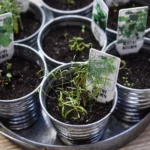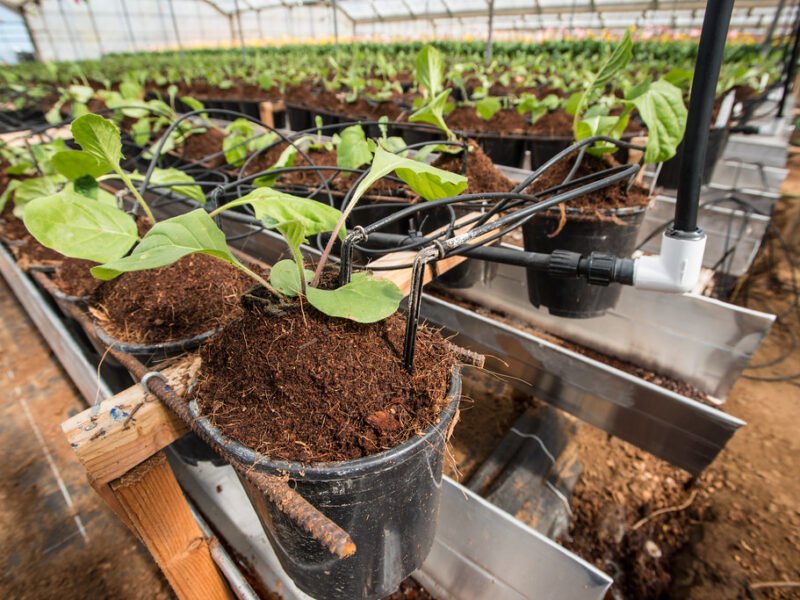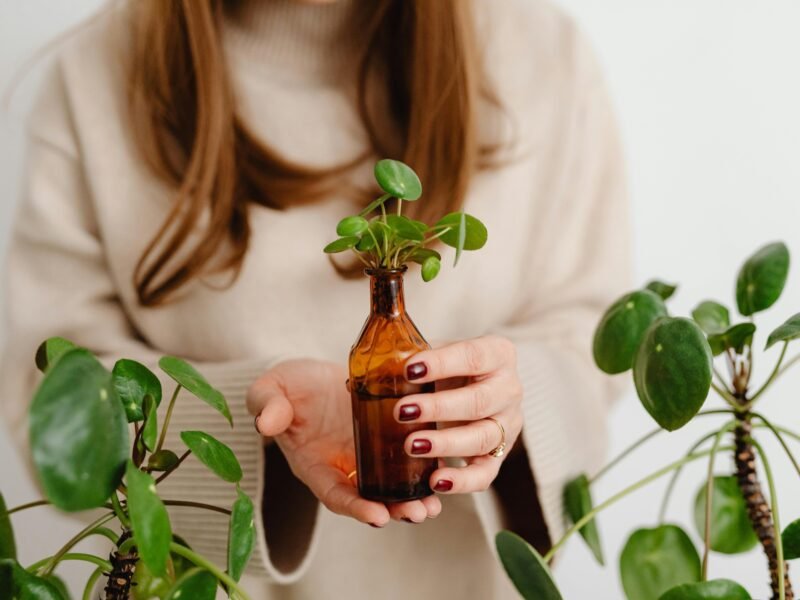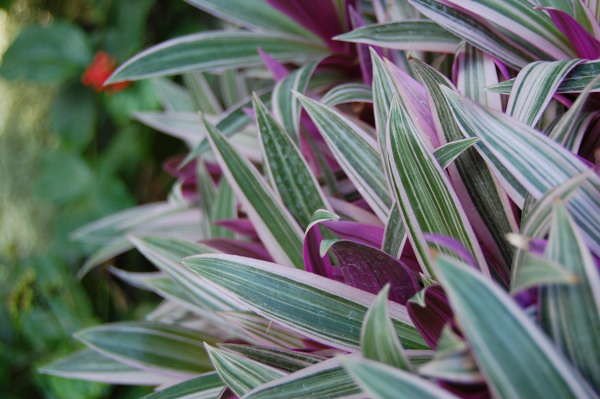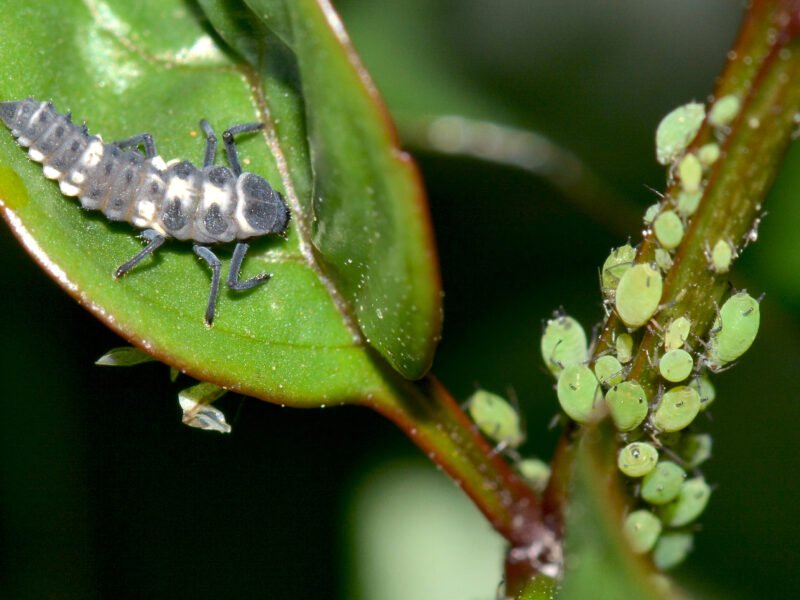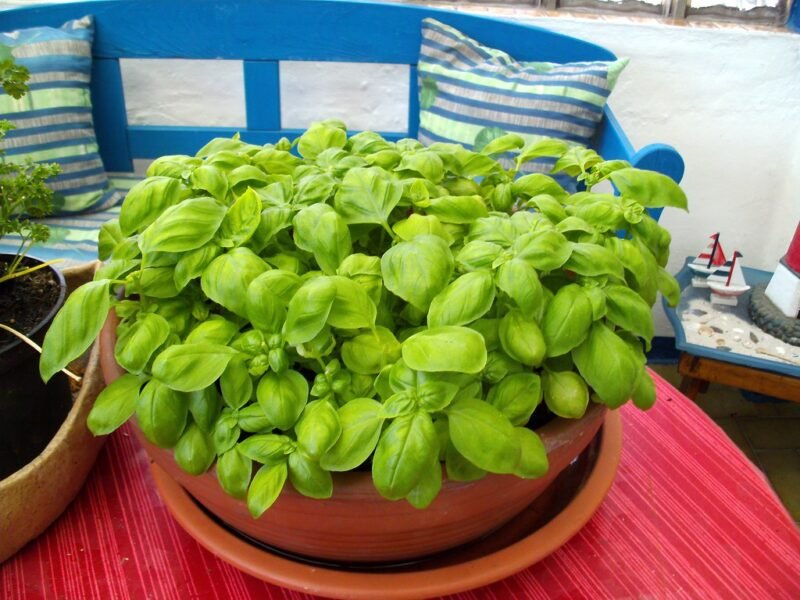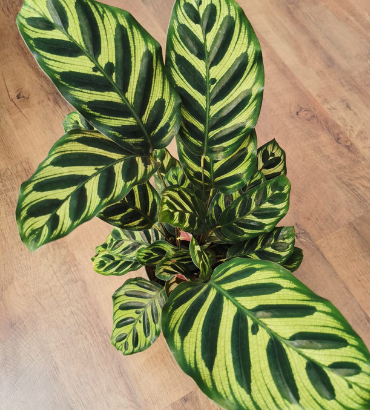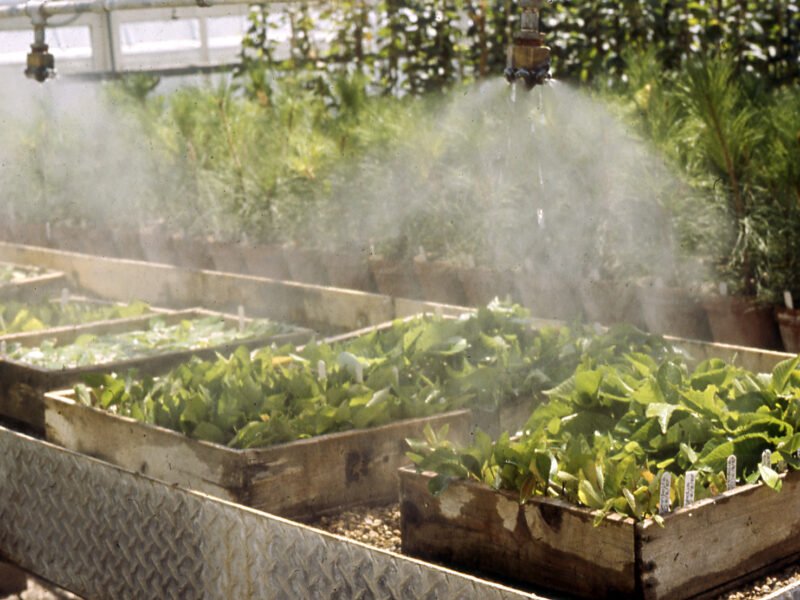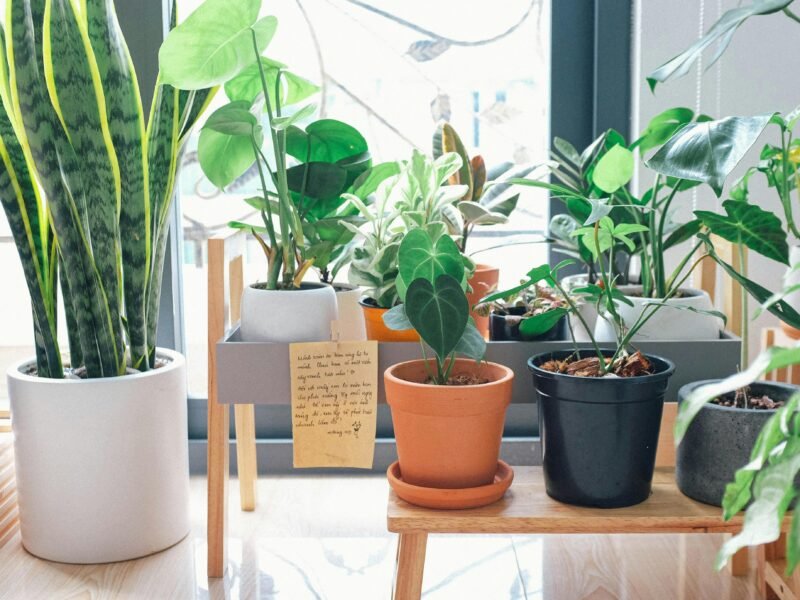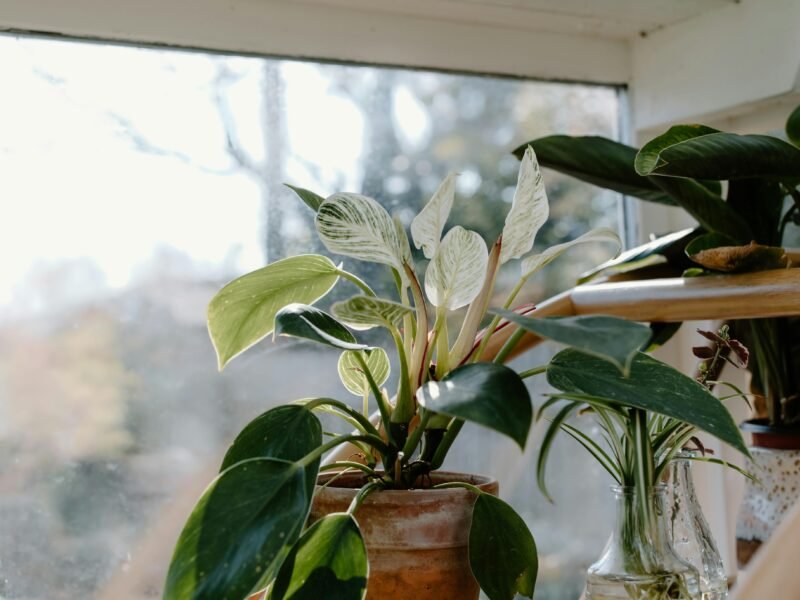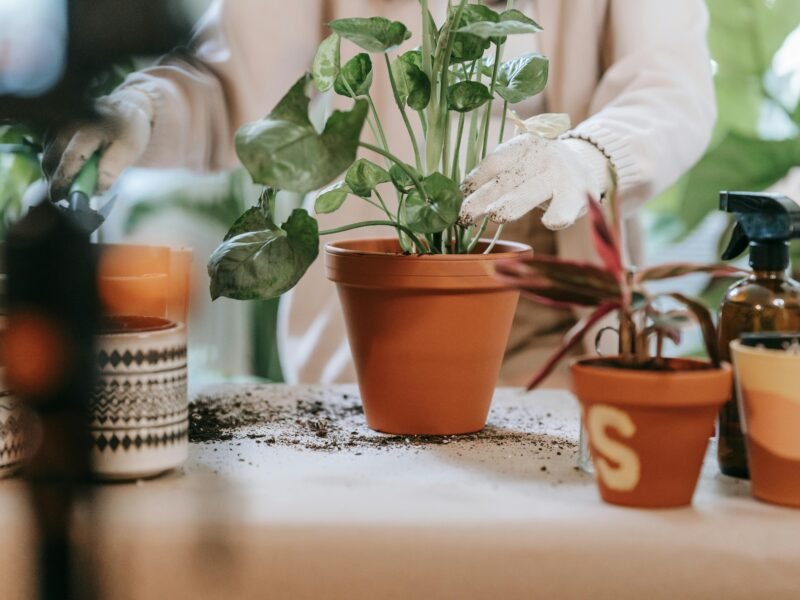Aspirin for Plants- Good or Bad?
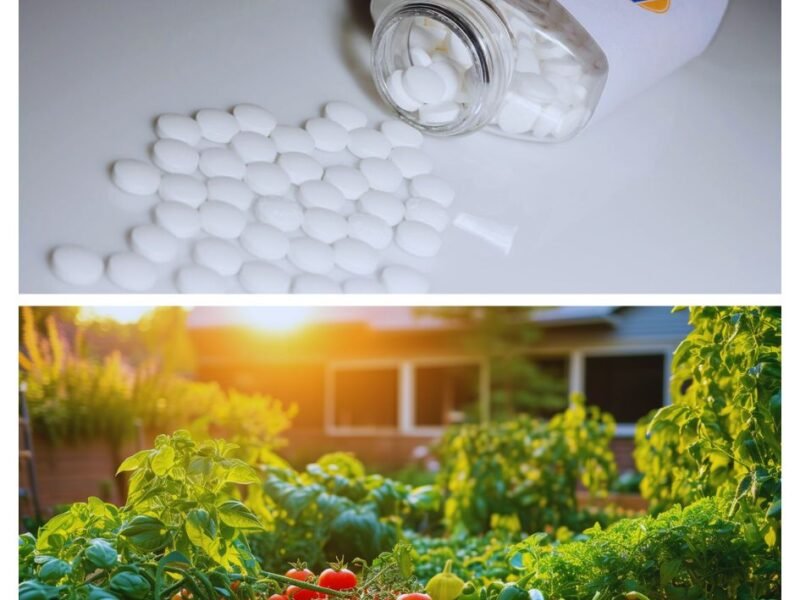
Gardening enthusiasts always look for a natural way to boost plant growth and defend precious crops. Interestingly, one of the secret weapons for healthier vegetable gardens is a common household item: aspirin. Many studies demonstrate this: aspirin, in addition to being used as a pain-relieving and anti-inflammatory agent for humans, can also stimulate plants’ natural defenses and improve their resistance. This is because Aspirin contains salicylic acid, an organic compound that mimics the action of those plant hormones, which are mainly responsible for their resistance to disease and stresses. Whether you use it to increase germination rates, protect against pests and diseases, or just give your plants an edge, this great natural gardening hack is a cheap way for all home gardeners.
However, aspirin for plants needs proper consideration, including correct dosages and administration techniques to prevent unintended consequences. In this detailed guide to using aspirin in vegetable gardens, we will examine why it works so well as a natural ingredient for plant growth and health. Whether you are a garden type of person or just starting out with some plants, this natural hack will give your little greens the spur they need to grow into flourishing entities. How can all that from a bit of aspirin do your plants well?
Table of Contents
ToggleWhy Use Aspirin for Plants?
Over the years, gardeners have adopted several unusual practices to improve plant health, and one unconventional solution is aspirin for plants. Aspirin, a drug that reduces human pain and inflammation, can benefit plants as it acts similarly to natural defense systems. The trick is in the active ingredient, salicylic acid, which acts like a plant hormone and does what plants do when responding to stress or pest infestations. Properly applied, aspirin can enhance plant immunity, stimulate germination, and encourage a stronger root system. This means it becomes a simple, cost-effective alternative to chemical fertilizers or pesticides.
As an added bonus, aspirin can improve plants’ ability to cope with environmental stressors such as water deficit and shifts in temperature patterns, making them more adaptive overall. Thus, as with any garden method, its use is key to the formula so nothing gentile gets hurt by an overeager hand. We want to dive into the nitty-gritty of why aspirin can improve plant health, how it helps your garden in general, and specific tips for correctly applying crushed or dissolved tablets on different plants. So whether you want to grow more vegetables next planting season or just prevent diseases on your begonias, using some good old aspirin in the garden might be a very useful thing for gardening.
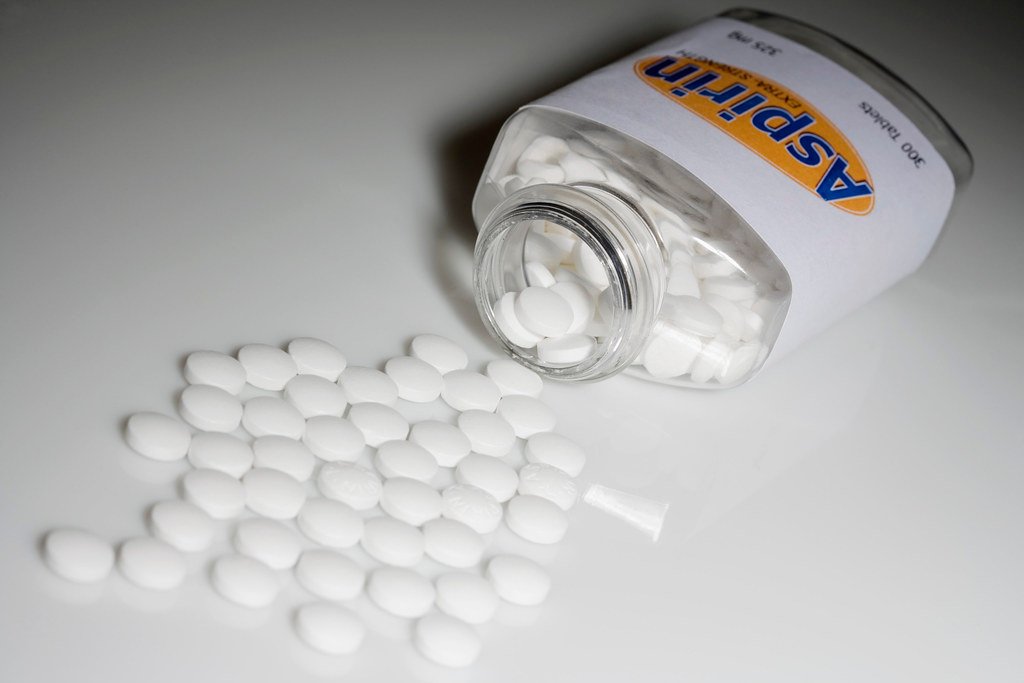
Benefits of Using Aspirin
You may be astonished at the range of functions aspirin can perform, from giving your vegetables a shot in the arm to enabling them with increased resistance against stress. Let’s explore them;
1. Boosts Plant Immunity
Aspirin for plants boosts the immune response by triggering systemic acquired resistance (SAR), a defense mechanism that protects plants against infection when they are attacked by pathogens such as bacteria or fungi. This can be especially great in preventing fungal infections such as powdery mildew, blight, and leaf spot (all of which are big concerns for a vegetable garden).
2. Recovery From Stressors In The Environment
Drought, temperature swings, and transplanting all stress plants (such as tomatoes, peppers, or cucumbers) into producing ethylene. Spraying aspirin helps the plants to recover faster and withstand harsh environmental conditions. This characteristic gives aspirin much of its value in light of increasingly volatile weather patterns.
3. Improves Seed Germination
Aspirin will help you if your seeds do not germinate. Soaking seeds in an aspirin solution before planting can help promote quicker, more uniform germination. This hack is nice if you happen to be germinating slowly, sprouting seeds like peppers and eggplants.
4. Ensures A Healthy Root Structure
Aspirin will help the root in their cell division and induce rooting. It also reduces stress at roots. Strong root systems provide crop resilience, efficient nutrient capture, and high yields.
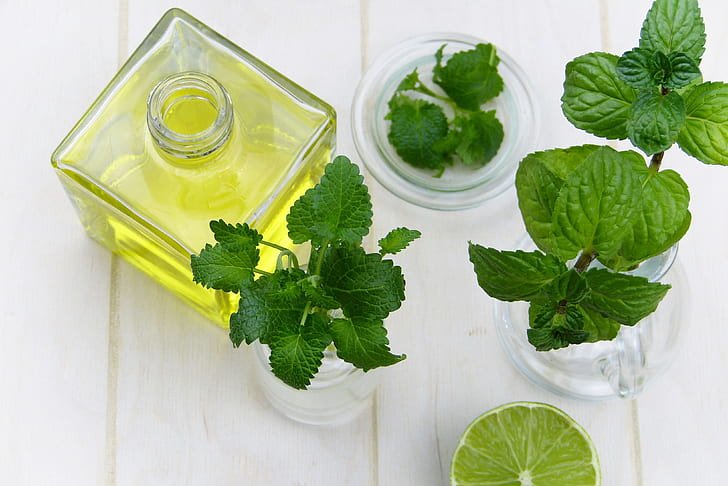
How to Use Aspirin in Vegetable Garden
1. Aspirin Foliar Spray (Plant Health, Disease Prevention)
If I am trying to prevent disease, then foliar sprays are the way to go, as they will provide a direct source of aspirin for my plants. How to Prepare and Use It;
Ingredients
-1 regular-strength aspirin tablet (325 mg)
– 1 gallon of water
-Spray bottles or a garden sprayer
Instructions
1. Dissolve the aspirin tablet in a gallon of water. Stir well until completely dissolved.
2. Fill the remainder with a spray bottle or garden sprayer with water.
3. Try to apply an even spray of this solution over the leaves and stems, particularly where disease problems are evident.
4. You can use foliar spray every 2-3 weeks during the growing season or after heavy rain, increasing the likelihood of fungal infections.
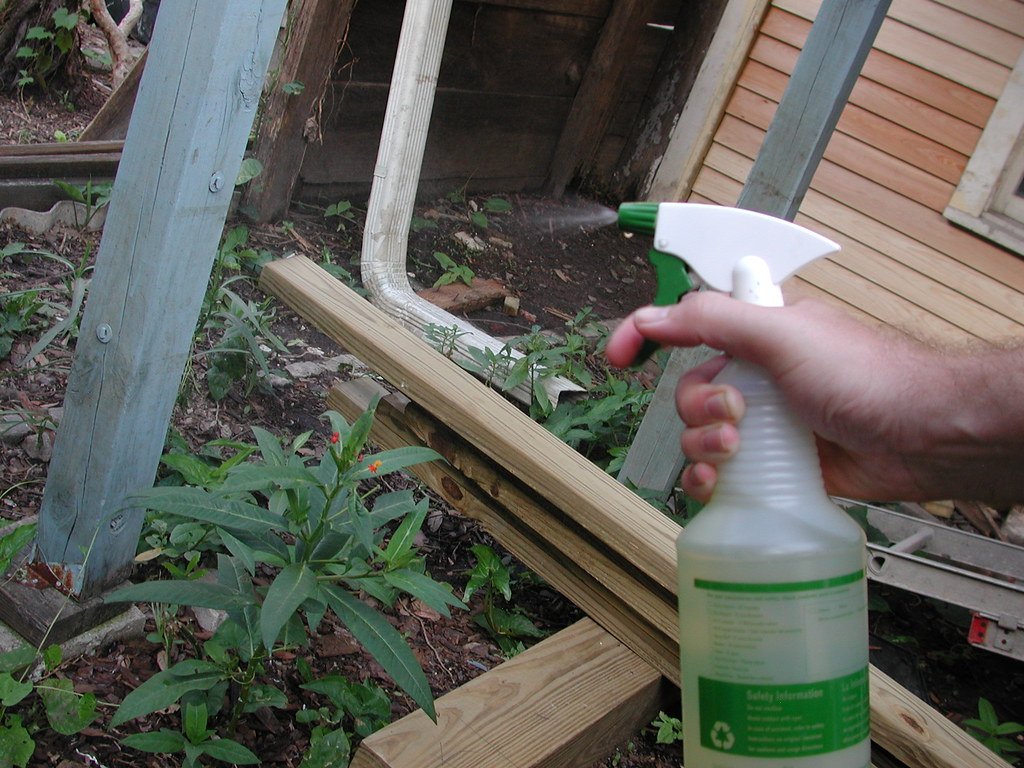
2. Aspirin for Seed Soaking
Soak your seeds in an aspirin solution to germinate them.
Ingredients
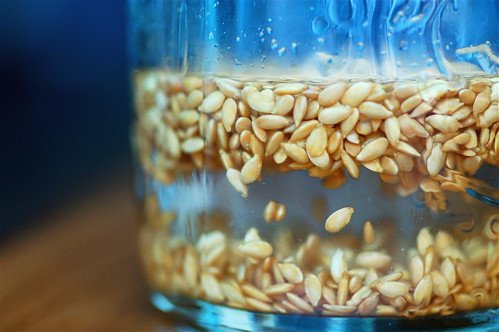
– 1 aspirin tablet (325 mg)
– 2 cups of water
Instructions
1. Mix together the aspirin with two cups of water.
2. Put the seeds into the solution and soak them for 12-24 hours
3. Sow the seeds right after soaking.
It works especially well with seeds that have tough coatings, like beans, peppers, and cucumbers.
3. Aspirin Watering Solution to Boost the Root
Give your roots additional strength with a weekly solution of aspirin.
Ingredients
– 1 aspirin tablet (325 mg)
– 1 gallon of water
Instructions
1. Add the aspirin to a gallon of water.
2. Transfer young seedlings directly to the root base with a dilute aspirin solution.
3. Do every 2–4 weeks for best results.
This is great for new transplants like tomatoes or squash, as they could undergo a little transplant shock.
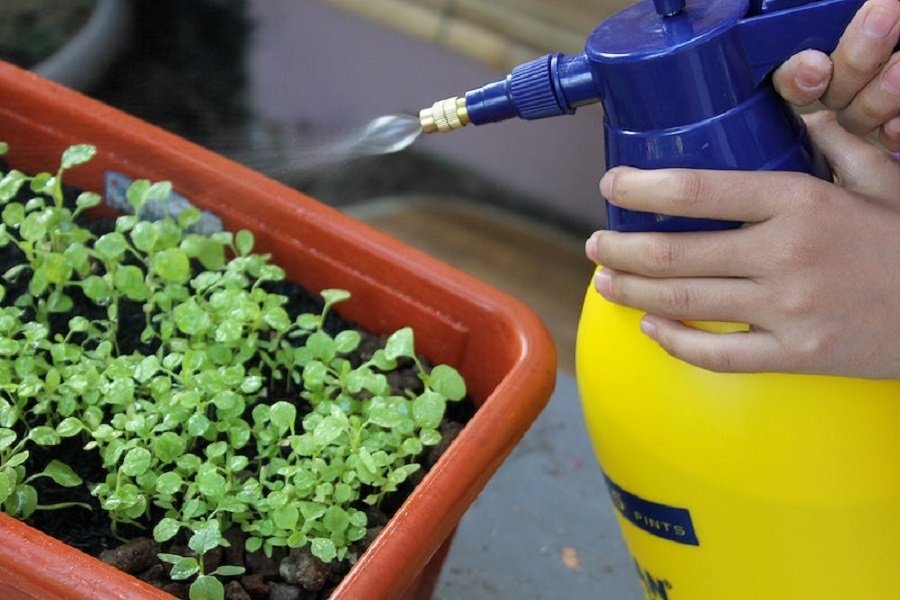
Precautions
Though it is a medicine with many advantages, you should be cautious before using some aspirin.
1. Keep it in moderation: Excessive aspirin can harm plants, causing yellow leaves or even growth. 1 tablet per gallon is the recommended dose
2. Spray with more discretion: Too many foliar sprays of any kind can lead to leaf burn or disrupt the physiology of natural biological systems.
3. Test on a small area first: Before you drench your garden with the above solution, test on a patch of plants.
4. Proper storage for unused solution: Any leftover aspirin solution should be kept in a dark, cool area and preferably used within the next few days to maximize effectiveness.
Which Vegetables Benefit the Most from Aspirin?
While numerous different vegetables may not respond identically to aspirin, many of them perform significantly better in growth and overall health, as well as disease resistance when utilized using this home remedy. Aspirin is especially good for plants, such as tomatoes and peppers, since they can often be afflicted with fungal diseases like blight.
To take advantage of this natural system, plants dilute their food with salicylic acid from aspirin, which activates the plant to form its own defenses, like in animals, reducing infections. Potatoes also benefit from showing fewer fungal diseases, such as early and late blight, when aspirin is present. Cucumbers and zucchini also benefit from aspirin sprays, as they resist mildew better and are less attractive to X-bound pests.
Leafy greens like lettuce and spinach can grow healthier because aspirin gives them a better absorption capacity for nutrients and is more resistant to fluctuations in temperature. Likewise, when aspirin is applied, beans and peas perform better (stronger plants) due to the reduced stress undergone during germination processes followed by initial growth stages. Underground vegetables like carrots and radishes develop better roots by diluting the same aspirin.
Although aspirin is compatible with many plants, it must be used correctly to avoid causing strain on tender crops. Spraying it once or twice a week as foliar sprays is the best way to ensure your veggies get some of that without overdoing it. Happy growing, and remember to follow these tips so your vegetable garden life will flourish.
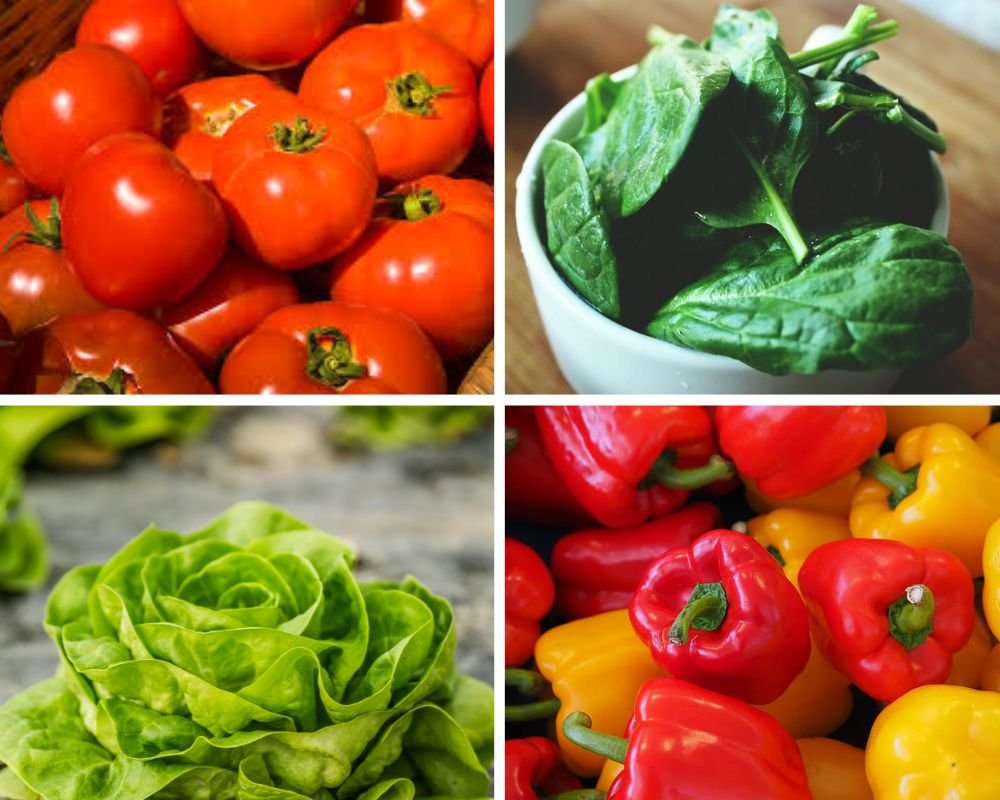
Will Aspirin Prevent Pests?
Aspirin for plants can assist in establishing their own defense mechanism, but it is not the insecticide that leaves no pests or destroys them. Salicylic acid, the active ingredient in aspirin, activates systemic acquired resistance (SAR) processes in plants, which are delivered through soil application and foliar spray to boost plant immune systems. With an immune boost like this, plants can perform healthier under stress, disease, or low pest loads. This increased resistance keeps the plant healthy and less susceptible, but aspirin is not a natural pest repellent for common garden pests like aphids, caterpillars, or minute bugs.
Aspirin for plants enhances general well, making it less attractive to pests and better able to bounce back from infestations. Yet, aspirin is essentially part of a pest management strategy and should not be used alone. Using aspirin treatments and other natural practices like bringing in ladybug predators or attraction plants that repel pests and practicing good garden hygiene will go miles toward protecting your tomato patch from bugs. Furthermore, aspirin-treated plants have built-in resiliency when pests attack, if they survive., and are later sent on to produce (more). By following the above tips and using aspirin as a foliar spray every 2-3 weeks, you should be able to keep your plants healthy and pest-free. Read more about pests here.
Adding aspirin to your garden is something you will love, as it acts quickly and naturally on all plants. Enriched with the active ingredient, salicylic acid, which is known to mimic plants’ natural defense mechanisms, helping build immunity and strength and promoting growth without compromising against diseases, pests, or rough environmental conditions. Soybean meal, which, when applied and diluted into a foliar spray every few weeks, will produce greater germination results and stronger root development and help protect plants like tomatoes, peppers, and leafy greens, along with similar benefits for root vegetables. Read more about aspirin here.
Aspirin for plants is not an alternative to fertilizers and pesticides. However, it still complements so efficiently that your plants will be healthier and better off recovering from the attack or stress they experience. However, with moderation, excessive use can be harmful to some plants. When you put these corresponding measures into practice, employing aspirin treatments in tandem with compassionate cultivation strategies like companion planting, organic pest control, and watering properly, this garden hack becomes an explosives cache. From boosting vegetable harvests to battling garden diseases, aspirin is a low-cost way of supporting plant health. When used thoughtfully, aspirin is one of the most useful tools for keeping your vegetable garden vital and healthy.
Tabon
Most Viewed
Latest Articles










